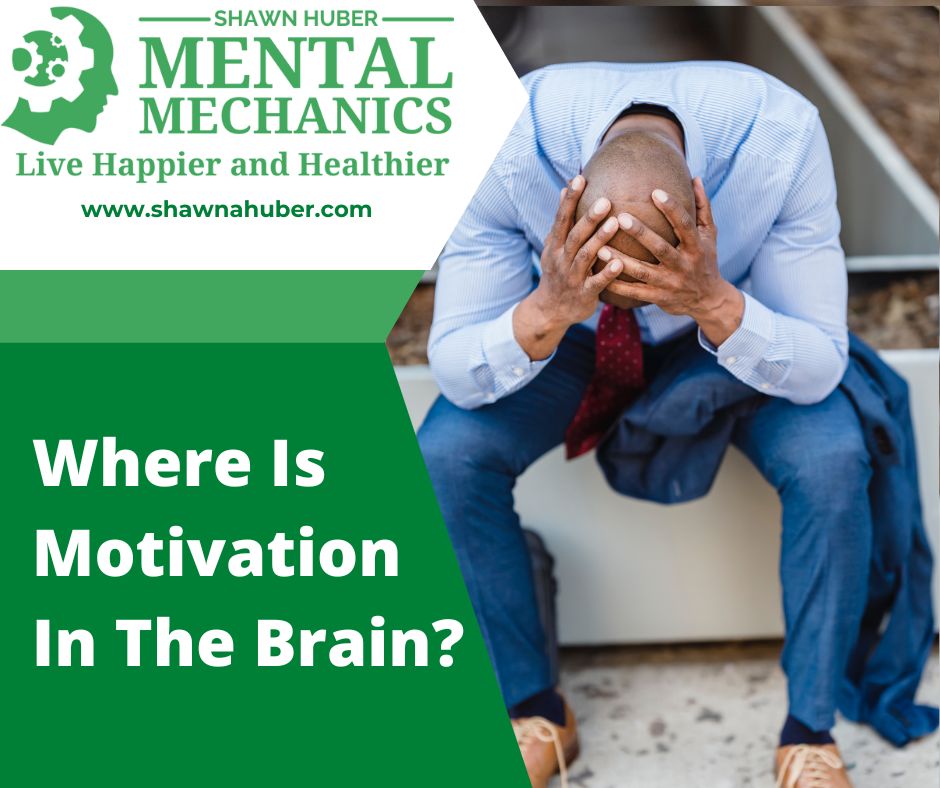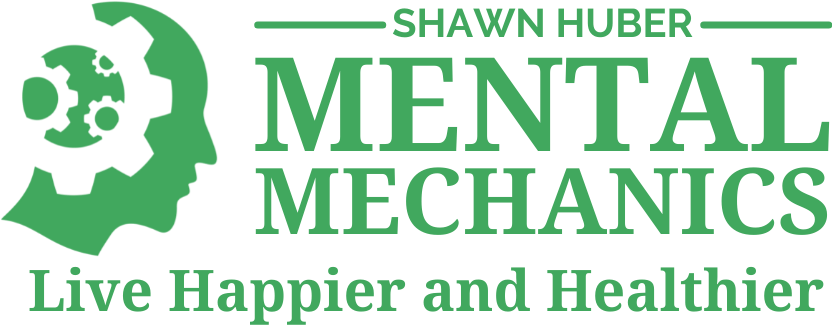Where Is Motivation In The Brain
Motivation is a tricky thing. It's something we all want, but it's also something that's hard to define.
Motivation is the reason behind everything we do, from getting up in the morning to going to work, from eating healthy meals to exercising regularly.
It's what makes us want to push ourselves further, reach for our goals and achieve more than we ever thought possible.
But what is motivation?
It’s a common misconception that motivation comes from within. In fact, motivation is created by a complex interaction between your brain and hormones.

Hormones are chemical messengers that travel through your bloodstream and act as the interconnecting system within your body, controlling everything from mood to metabolism. When these hormonal systems are out of balance, it can cause stress, anxiety and depression. These imbalances can also lead to fatigue and chronic illness.
Hormones are a part of every single thing that happens in your body. They control everything from your sex drive to the amount of fat on your body, and they're produced by glands in your brain called endocrine glands.
Hormones are chemical messengers that travel through the bloodstream to target organs or other cells and trigger specific responses. They can be thought of as the body's way of communicating with itself. For example, insulin is released from the pancreas into the blood after you eat a meal containing carbohydrates (sugars) to lower your blood sugar levels after eating.
Here are some of the most common hormone imbalances and how to correct them:
Low thyroid function – This condition is known as hypothyroidism and causes weight gain, depression, fatigue, and muscle weakness. It can be treated with medication, but many people find that changing their diet helps balance their hormones naturally. Some foods that may help include cruciferous vegetables (broccoli), sea vegetables (kelp), and foods high in iodine such as seafood or seaweed supplements (1).
Low testosterone levels – Testosterone is responsible for regulating sexual function in both men and women, as well as muscle mass development in men. Low levels can cause fatigue, mood swings, and weight gain in men while women may experience low libido (2). Testosterone replacement therapy
The hypothalamus is a part of your brain that controls many functions, including hunger and thirst, body temperature, sleep cycles, and emotions. It's also responsible for releasing hormones that regulate other systems in your body.
Cortisol is released by your adrenal glands when you're under stress or experience an emotional reaction such as anger or sadness. Cortisol helps prepare your body for physical activity by increasing blood sugar levels so your muscles have fuel available for use during exercise; it also increases blood pressure so that more oxygen-rich red blood cells are carried to working muscles, and it increases heart rate so that more oxygen-rich blood reaches working muscles quickly.
This is one of the many things that can and will prevent the best version of you. So what should you do? Keep doing the same thing, work with a doctor, or take a look at the best overall solution that fits into your lifestyle. The first thing we do with our clients is to evaluate their physical and mental health in a holistic way. We have partnered with many professionals to provide the best comprehensive program for you. We always recommend bloodwork beyond your typical physical and a free discovery session on what you are presently doing. From this, we design the best solutions and systems for you called The Mental Mechanics.
Hypnosis











